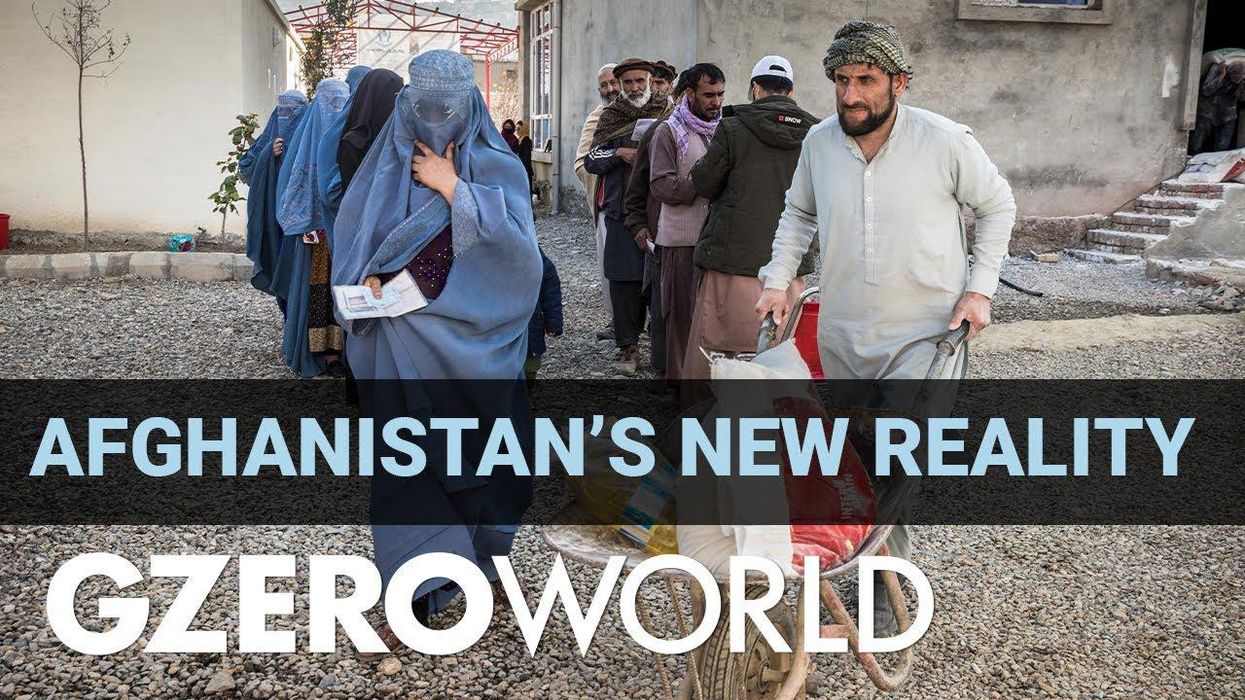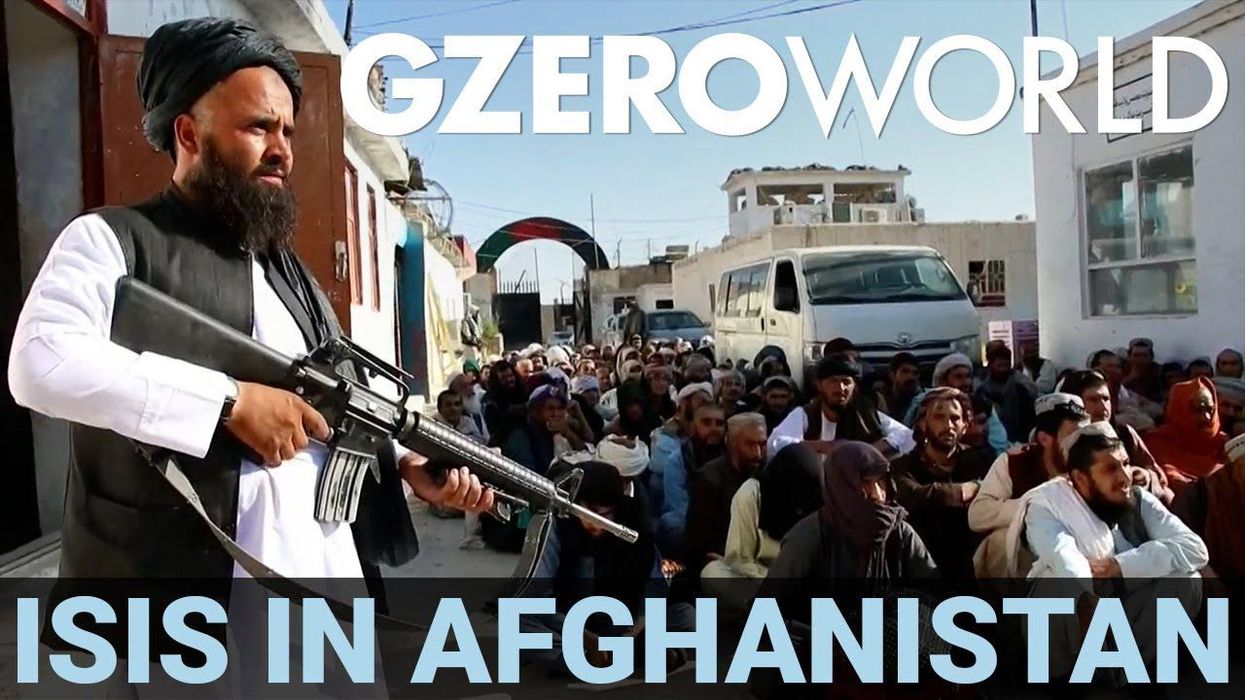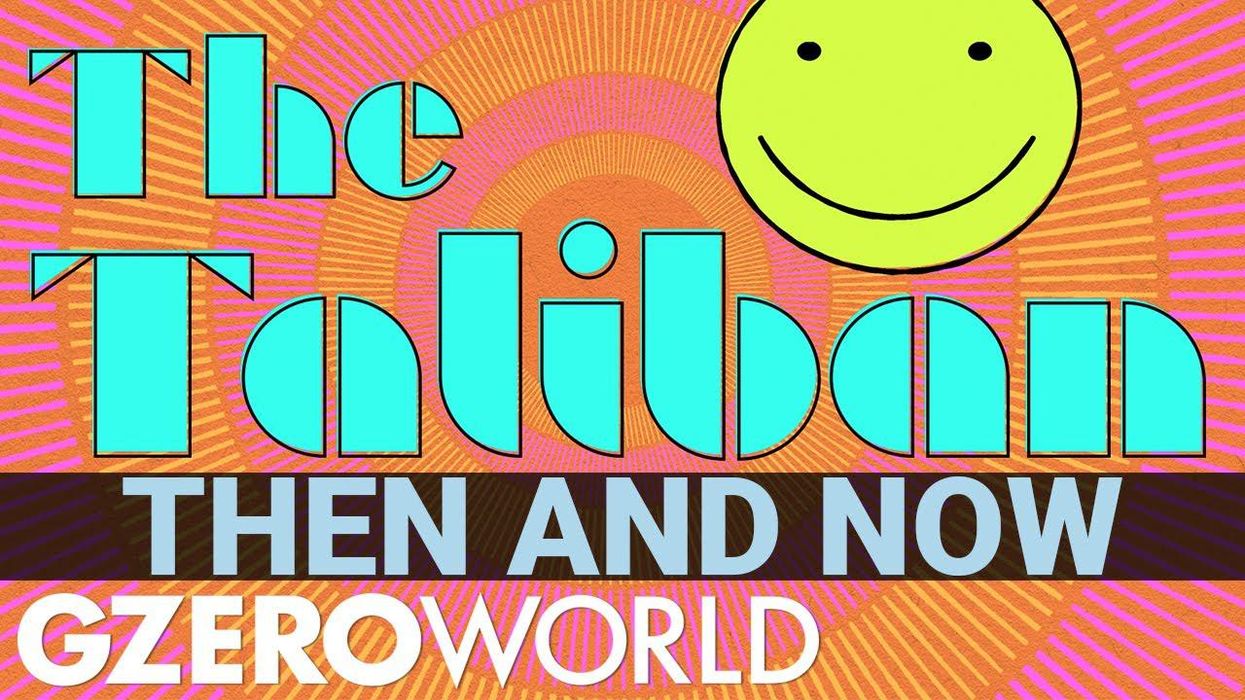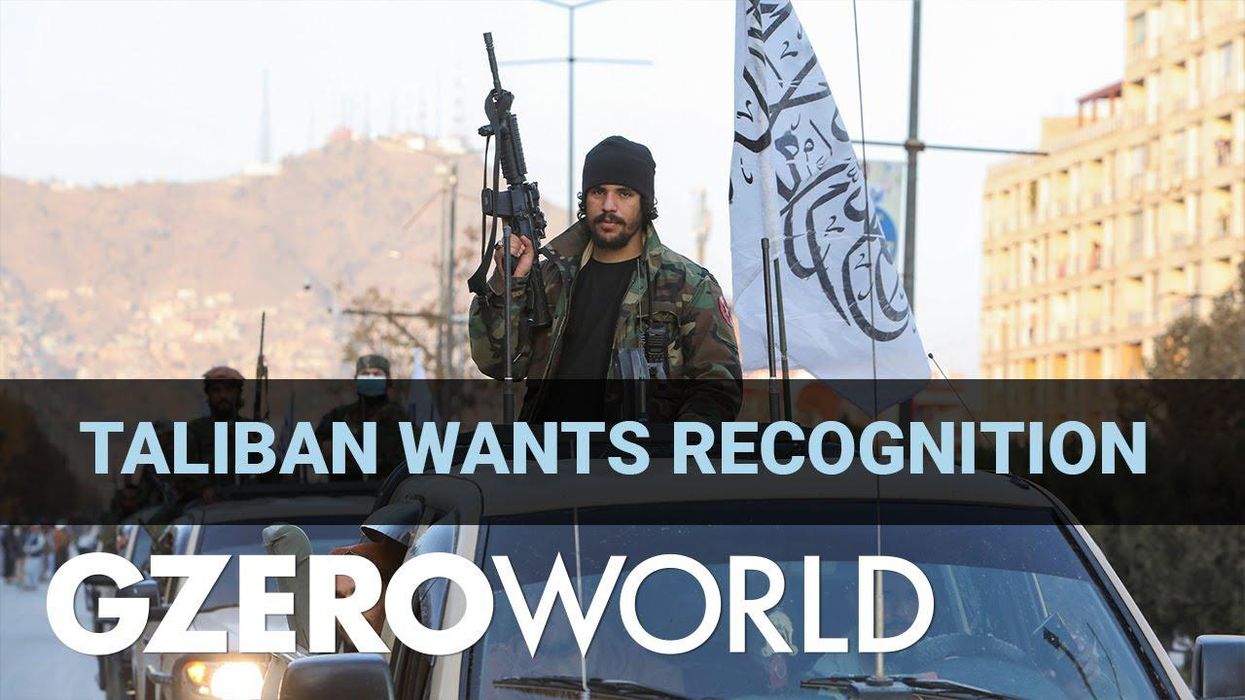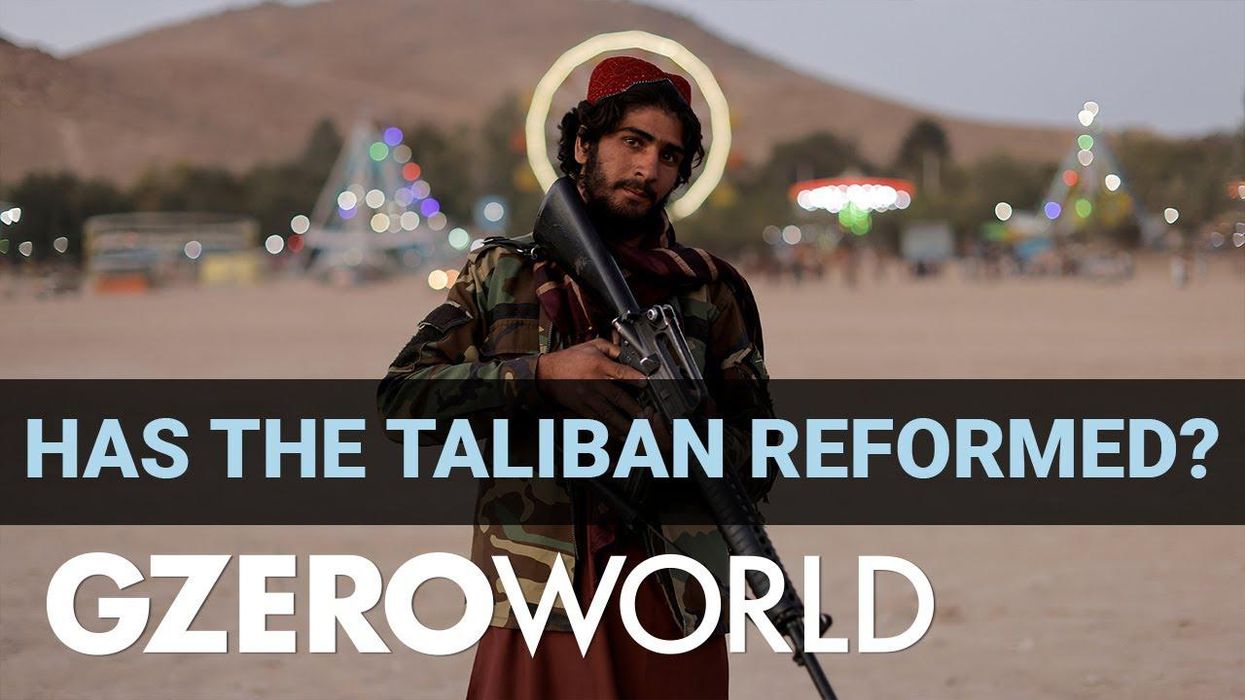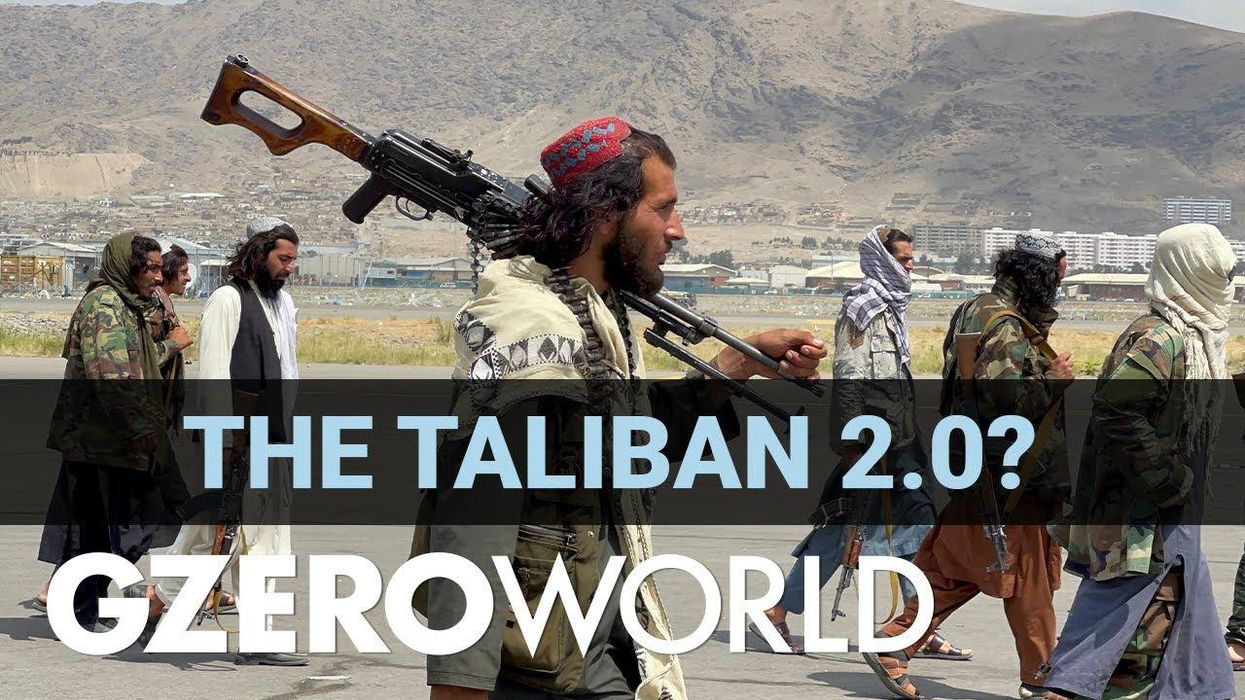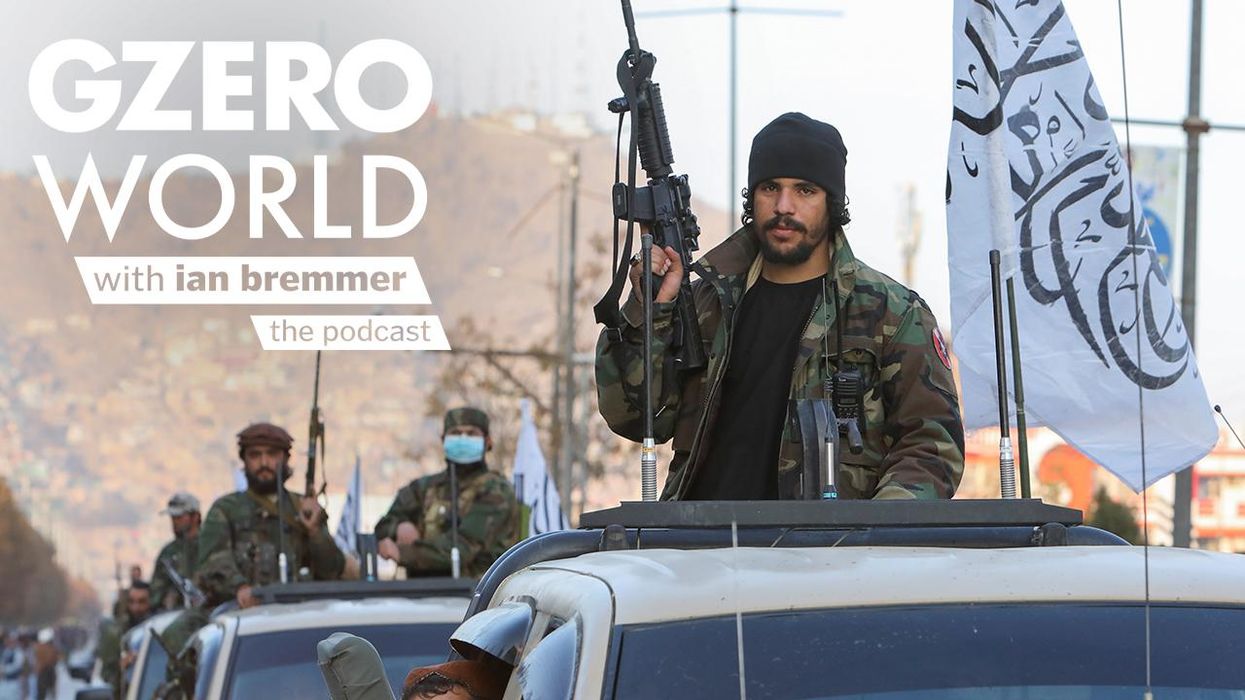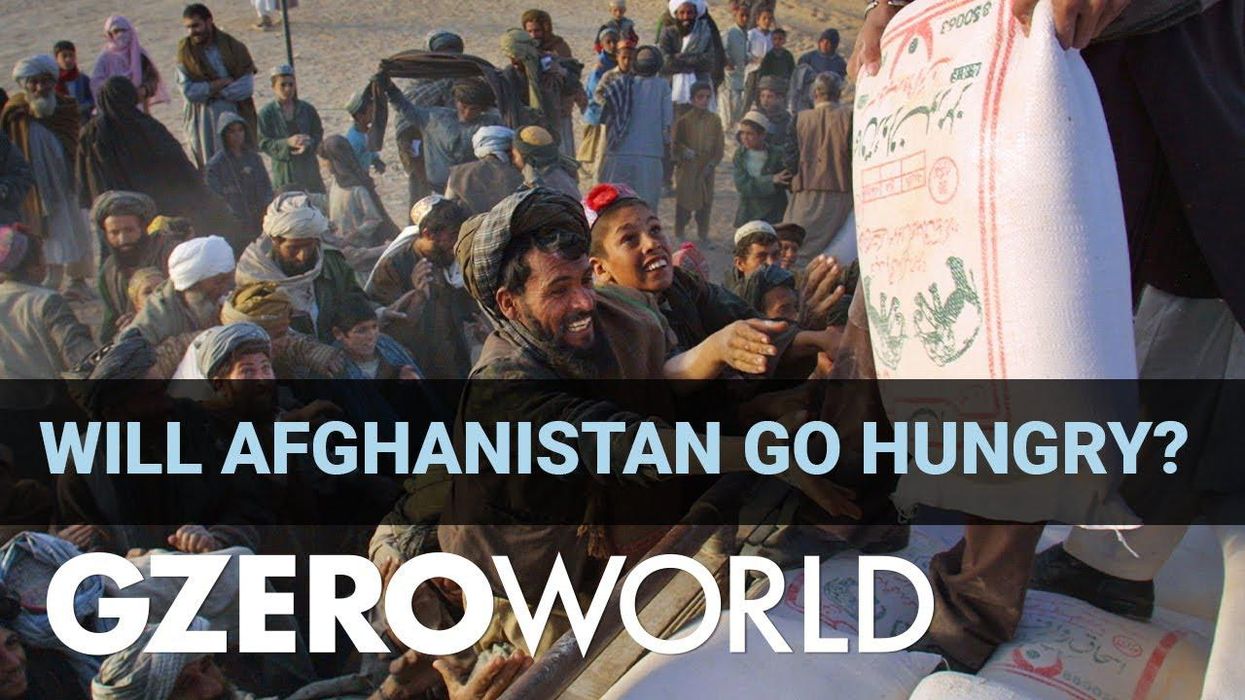GZERO World Clips
Ahmed Rashid outlines the new political reality in Afghanistan
Renowned author Ahmed Rashid shares insights on the Taliban and Afghanistan's crisis. The Taliban regime is struggling to govern Afghanistan. Many Afghans feel desperate and are likely to flee as refugees or risk their lives in widespread protests. What can we expect to see from the Taliban under these conditions?
Dec 19, 2021
